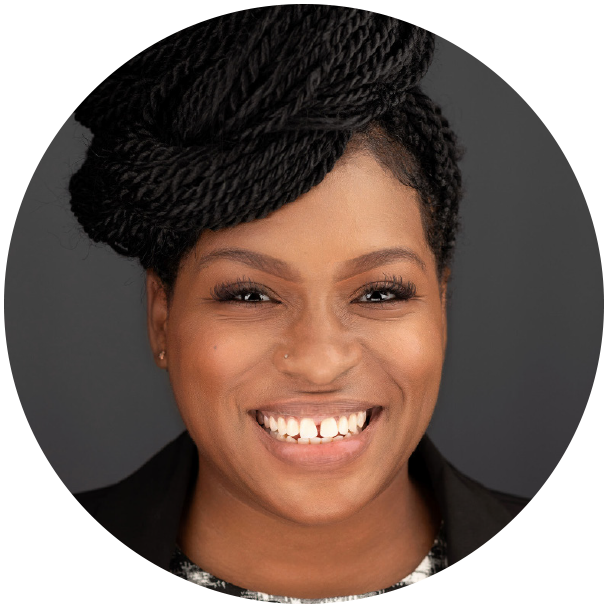Protect Black Women: A Call to Action for Equity and Justice
The rallying cry of "protect Black women" emerged as a powerful response to the violence and systemic racism inflicted upon Black individuals by those sworn to protect and serve, sparking civil unrest.
At its core, this call to action seeks to shed light on the intersection of race and gender and its profound impact on the lives of Black women in America. Historically, Black women have endured marginalization, discrimination, police brutality, and disproportionately high incarceration rates, yet their struggles often remain invisible within broader movements for equity.
Recently, Dr. Claudine Gay, Harvard's 30th and first Black female president in the institution's 387-year history, resigned after serving a mere six months. While her resignation may have surprised many, it was no surprise to Black women.
Last month, during a House of Representatives hearing, Dr. Gay was singled out as a public target for anti-woke conspiracy theorists, whose agenda revolves around dismantling opportunities for a more equitable and just society, and their determination should stir profound emotions in all our hearts—outrage, resilience, and determination.
Dr. Gay's inauguration, which initially filled the hearts of Black women, young Black girls, and countless others with joy and pride, also ignited hatred, resentment, and fear in the hearts of others. Her presidency challenged the status quo as it cemented the reality that someone who is not white, and not male, could still be exceptionally qualified, dedicated, and brilliant enough to lead one of the nation's premier educational institutions. Questions like, "Who does she think she is?" and "Doesn't she know her place?" likely surfaced.
From the moment she took office six months ago, those opposed to her leadership were determined to put her in her "place," waging a war against her and the vision of a more inclusive America that she embodies. She faced accusations of not being good enough for the role despite her impeccable Harvard and Stanford education. When that smear campaign failed, she was called to testify in the House last month, where she was publicly ridiculed and accused of antisemitism. When Harvard publicly announced this attempt also fell short, her scholarly work came under attack, with as yet unfounded plagiarism allegations raised by no credible scholars in her field.
Throughout this ordeal, Dr. Gay embodied the "mama-ism" that so many Black women know too well—that they must work twice as hard to attain their seat at the table, only to be discredited, undermined, and undervalued at every turn. Even in the midst of public degradation, Dr. Gay took full responsibility for her testimony. After the hearing, Dr. Gay immediately took steps to address the impact of her testimony and admitted that her comments left much to be desired. In an interview with the Harvard student publication “The Crimson,” Dr Gay states, “Words matter. When words amplify distress and pain, I don't know how you could feel anything but regret. "
While being accused of plagiarism and misconduct, Dr Gray still stated in her resignation letter her “deep love for Harvard, her belief in its people, and the hope that those who saw in her presidency a sense of belonging still feel that those doors are open to them.” She also noted that she promptly addressed any errors in her scholarly work, following the same process as any other scholar at Harvard. Yet the question arises - why did she have to endure this onslaught of hatred, shame, humiliation, and discrediting of her remarkable accomplishments? The answer is clear, echoing the words of Malcolm X: "The Black woman is the most disrespected person in America." At the end of the day, it does not matter what the truth is or the grace or humility with which you handle adversity if the very essence of who you are and what you stand for threatens white supremacy.
In these turbulent times, it is imperative that we rally behind and protect Black women who have long been at the forefront of the fight for justice and equality. Their contributions to our society deserve recognition and respect, and their voices must be heard and valued as we work towards a more just and equitable world for all. Dr. Gay's experience is a stark reminder of the challenges Black women continue to face, and it underscores the urgent need of our collective commitment to protect and uplift Black women in the face of adversity as they fight for freedom and justice for all.

Erica Holmes-Ware
Chief Program Officer
